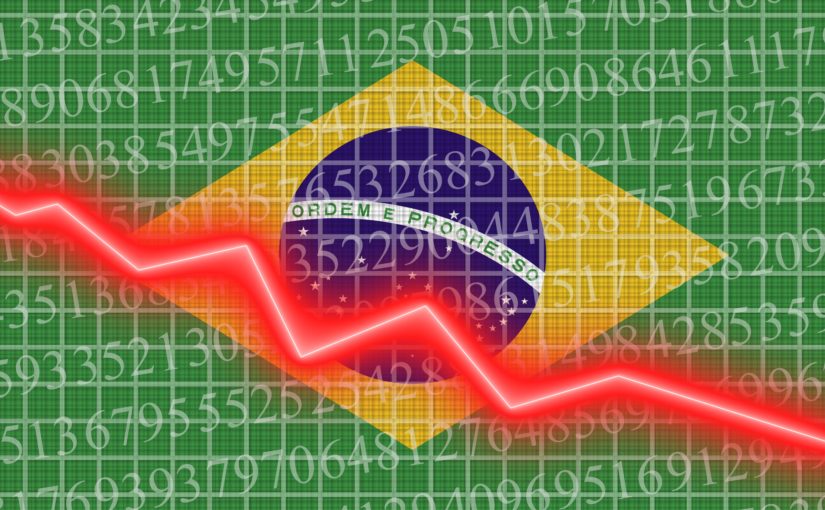When identifying losses caused by an action, we seek to demonstrate the losses in values to facilitate the understanding and extent of the damages.
Thus, when estimating the impact of the illegal market; the size of informality and tax litigation, we extract figures that reflect the losses and, consequently, the gains if this space were occupied by legality, formality and rationality in the application of our tax system.
We have institutions that develop metrics trying to gauge the dimension of these deviations.
ETCO developed with IBRE/FGV the underground economy index carried out since 2003 and which in 2021 it reached the figure of R$ 1.3 trillion which represents 16,8% of the Brazilian GDP and with the consultancy EY sponsored an international study that found that the tax litigation, in administrative and judicial instances, reaches the astounding amount of R$ 3.4 trillion.
Concerning informality in Brazilian retail The IDV — Instituto para o Desenvolvimento do Varejo carried out a survey with the consultancy McKinsey & Company that indicates that tax evasion in physical retail is 25% to 34% and in digital retail it ranges from 33% to 37% of sales (which has continuous growth in the offer of illegal products and without invoice), with values between R$ 95 and R$ 125 billion.
The National Forum Against Piracy and Illegality collects data from 15 productive sectors (clothing; fuel; personal hygiene, perfumery and cosmetics; alcoholic beverages; pesticides; pay TV; cigarettes; sporting goods; eyewear; PCs; software; cell phones; audiovisual; imported perfumes and toys) since 2014 and the survey for the year 2021 shows that these sectors had losses of BRL 205.8 billion, which added to BRL 94,7 billion (conservative estimate of an average of 46% of uncollected taxes) reaches the amount of R$ 300.5 billion. Compared to 2014, the illegal market (smuggling, piracy, counterfeiting and fraud) grew three times.
These figures of billions and trillions of reais related to the losses of industry, commerce and the formal economy make us wonder what would be the gain for the generation of jobs, revenue and impulse for our development and innovation. A simple example, adding the evasion of retail and industry indicated only in the IDV and FNCP surveys, it would be possible to finance 18 million family grants for more than 38 months with a monthly amount of R$ 300.
These projections are limited to numbers and what could be generated in gains for society as a whole, however these losses for society cannot be measured only in monetary values, as they have other consequences, whether for public safety, increased corruption and decreased productive investments.
Our police and IRS forces (federal, state and municipal) prove that criminal organizations are financed with these withheld resources, also encouraging drug and arms trafficking.
On the other hand, employment level is affected. Factories were closed and others are under threat, including the growth of persistent debtor companies that are structured to never pay taxes and, thus, erode competition. The fuel and tobacco sectors have suffered from this action, but the textile sector has also been shaken.
The various faces of illegality and the operations of persistent debtors form a criminal economic phenomenon, which has to be attacked by supply and demand. Offer, with repression, through integrated and coordinated actions of police forces and revenue.
The demand, on the other hand, is motivated by the price, which is lower in the illegal one thanks to evasion and must be faced with changes in the tax system. An example of what can be done is the recent simplification of the ICMS charge on fuels, defining the single-phase and single rate for all states, which should reduce the space for evaders.
In fact, we cannot underestimate the effects of the illegal market and the consequent tax evasion. The magnitude of the losses and what could be turned into gains for the whole society demonstrate that illegality must be permanently on the agenda of the productive sectors and the public power, which must act in cooperation in the fight against those who despise the law. . Os damages cannot be ignored, as they harm all Brazilians who bear their obligations and our expectations for the future.




